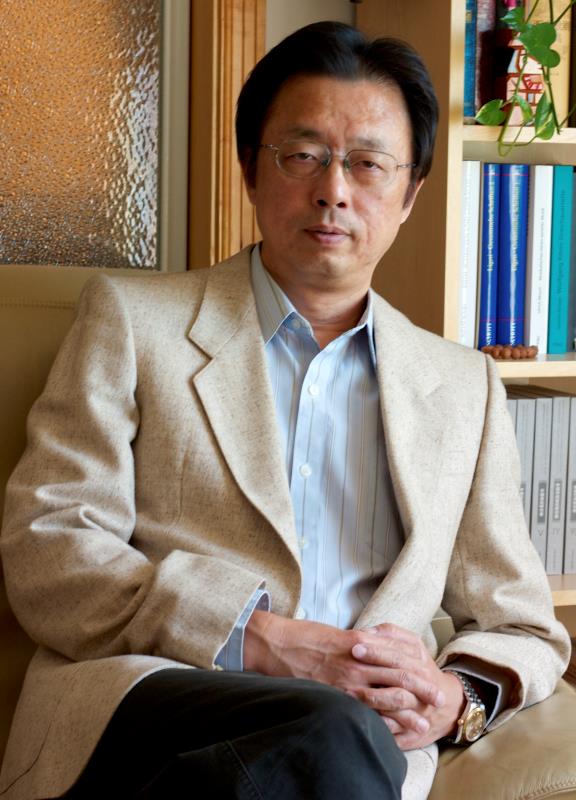
 老网站栏目
老网站栏目  您的位置:首页 老网站栏目 论坛与会议 2017国际高峰论坛 专家简介
您的位置:首页 老网站栏目 论坛与会议 2017国际高峰论坛 专家简介 2017作曲理论学科建设国际高峰论坛专家简介——陈鸿铎
发布时间:2017-11-10 点击次数:252

陈鸿铎,上海音乐学院音乐学系教授,博士,博导,音乐分析教研室主任,上音“西方音乐分析研究”学科团队首席教授。中国音协音乐分析学学会理事、西方音乐学会理事。主要研究领域:中外当代音乐创作理论、作品分析、西方音乐发展史以及利盖蒂音乐研究等。著有《利盖蒂结构思维研究》(获第九届中国音乐金钟奖理论优秀奖)等专著、译著、教材和论文多项,担任有《音乐学写作》、《音乐分析专题研讨》、《西方当代音乐创作的结构思维与实践》和《利盖蒂音乐创作研究》等本、硕、博课程。
Dr. Chen Hongduo is a Professor of Musicology, the head of teaching and research group in music analysis of Musicology Department and chief professor of the research team of western music analysis in Shanghai Conservatory of Music. He is also the member of music analysis society of Chinese Musicians' Association and of Society for Western Music in China.
He mainly studies the composition theory, analysis of contemporary Eastern and Western music, the history of western music development and the works of Hungary composer G.Ligeti.
His main works are Studies of Ligeti’s Structural Thinking (which has won the Excellence prize for Theory of the Ninth Chinese Golden Bell Award for Music) and many other books, textbooks and theses.
He also teaches many courses for undergraduate, graduate and doctoral students including Writing for Musicology, Seminars of Music Analysis, Structural Thinking and Practices of Contemporary Western Music Creation and Studies of Ligeti’s works and others.
协和无调性:一种具有创意的调性处理方法
——以利盖蒂的音乐创作为例
Consonant atonality: a creative method to deal with tonality
— A Case Study of Ligeti’s Works
内容提要:协和无调性是匈牙利作曲家乔治·利盖蒂(Gy?rgy Ligeti,1923-2006)就他音乐创作中的调性思维特征所给出的一个说法,本文将就这一说法展开讨论,希望把它作为一种可供借鉴的调性思维方式提出并加以论述。文章将以利盖蒂的作品为例,说明何为协和无调性,利盖蒂为什么会选择这一调性思维方式,以及这种调性思维方式对于当今(中国作曲家)创作的借鉴价值。
关 键 词:协和无调性;超调性;利盖蒂;
一、 产生“协和无调性”的背景
二、“协和无调性”的原理及表现特征
三、“协和无调性”作为一种思维方式
Synopsis: Consonant atonality is a concept brought up by Hungary composer Gy?rgy Ligeti as for the tonality thinking features in his works. This thesis will further discuss the concept and hope to make it as a way of thinking and further expound on it. The thesis will take Ligeti’s works as examples to state what consonant atonality is and why Ligeti chose this kind of thinking method and the values of reference it has for our Chinese composer.
Keyword: Consonant atonality; super-tonality; Ligeti
I. The background against consonant atonality
II. The principles and features of consonant atonality
III. Consonant atonality as a way of thinking




